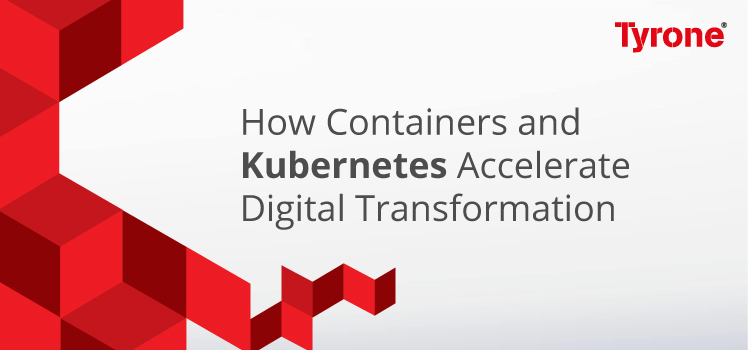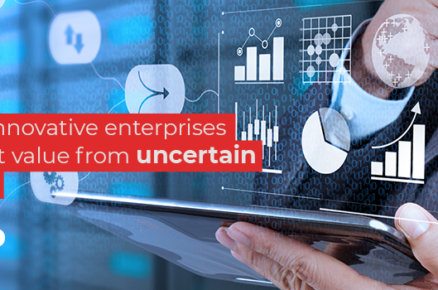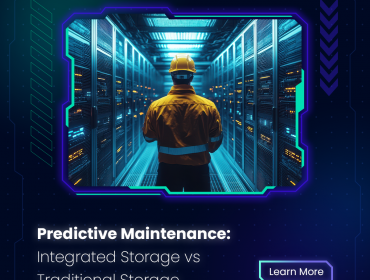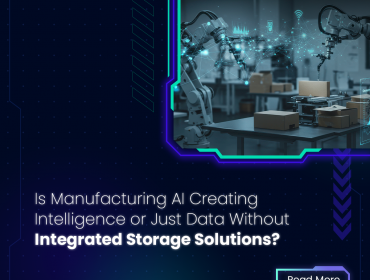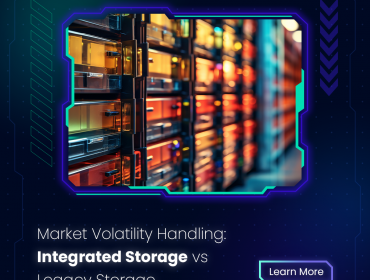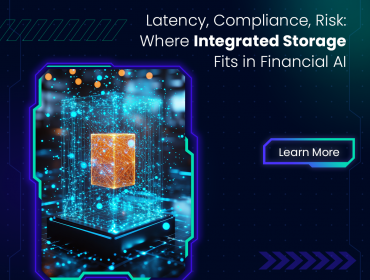Digital transformation is the cornerstone of modern government operations, allowing agencies to operate more efficiently, increase cost savings, and deliver essential services virtually. However, this transformation is complex and hard, spanning across technology, culture, process, and training.
It is now becoming obvious that the accelerating pace of technological change is the most creative force as well as the most destructive for the traditional enterprise. The future of companies will depend on their ability to transform and leverage modern IT. Containerization has been a huge trend over the past couple of years within developer circles because it has allowed developers to produce portable artefacts of code. With containerization comes the ability to deploy code anywhere. This makes it an attractive tool, a vehicle for developers to interact with operations and create predictable outcomes from their work. Containerization has helped increase overall deployment agility by over 60%, reducing the time to deploy code to less than 2 seconds.
Key areas where Kubernetes influences enterprise transformation:
- Business agility
- Technology adoption
- Customer experience
- Real-time insights
Business Agility:
It is the ability to deliver on-demand features seamlessly and rapidly to the customer. It requires deft orchestration of various business and technical systems to realize the change at optimal cost. This requires the design of systems to be nimble and decoupled with minimum dependencies. Containerization introduces the ability to manage those dependencies in the best possible way. Kubernetes manages the complexities of managing these containers and accelerates the ability to deploy new features seamlessly. Continuous delivery is made easy through the Kubernetes ecosystem.
Containerization enables app architecture to evolve from monolithic codebases with waterfall development to loosely-coupled microservices that allow applications to be developed in an agile fashion. These containerized microservices can be easily shared, deployed, updated, tested, and scaled instantly and independently of the other services that make up the application.
Technology Adoption:
Kubernetes-based containerized applications can be complex to deploy; and once deployed, they can be even more complex to maintain. Modern applications depend on an ever-changing and expanding technology landscape. This means integration with many partner technologies is a key consideration for any organization working within this environment. A centralized marketplace is needed to simplify and streamline the use of ISV apps.
For example, an organization may need an ISV marketplace to help ensure multiple development and data science teams are enabled on a common container platform, which requires interoperability with 3rd party ISV or open-source tools.
The Kubernetes ecosystem provides all the necessary tools (such as Helm, GitOps, Operators) which can orchestrate the deployment pipeline in the most seamless manner to achieve continuous delivery. The Kubernetes ecosystem is evolving rapidly in terms of abstracting technology complexities as well as integration complexities by introducing rapid application development accelerators like Kyma, which can generate code for cloud-native services.
Optimization is not just about cost reduction; it’s about ensuring the right amount of resources are available at the right time and using them efficiently. Containers help you optimize the utilization and cost of your IT infrastructure.
Because containers are lightweight ways of packaging and isolating app workloads, they allow multiple workloads to run on the same physical or virtual server without any conflict. Businesses can consolidate datacenters, integrate IT assets from mergers and acquisitions, and enable portability to private or public clouds — all while reducing the footprint of their operating systems and servers.
Customer Experience:
Customer experience is achieved through a combination of multiple factors like interesting insights into the system functionality, coherence between business functionalities, and the ability to provide uninterrupted business continuity at all times. The Kubernetes ecosystem provides a variety of techniques to provide observability across systems, support feature enhancements with almost zero downtime by following a variety of deployment patterns such as canary/blue-green/dark-launch deployments. Coupled with a service mesh layer, these deployment patterns are seamlessly achieved.
Are you delivering the digital experience your customers expect? According to Accenture, “71% of B2B executives say customers increasingly want B2C-like experiences compared to a few years ago…but nearly half (49%) admit they are failing to deliver the cutting edge and highly relevant experiences customers crave.” One way to meet the needs of your customers is by using Kubernetes.
Real-time Insights:
By following open tracing and distributed-tracing mechanisms like Jaeger/Zipkin, applications are enabled with instrumentation capabilities. With Kubernetes native monitoring tools like Prometheus coupled with log analytics using Elastic stack and time-series databases like Influx, it is possible to define the personas of various systems and measure their performance in real-time.
Enterprise transformation requires critical changes within the enterprise such as the introduction of digital technologies, the need for extensive automation, business agility, and cultural changes within the enterprise. The Kubernetes ecosystem provides many salient features (isolation, resiliency, scalability, availability and features designed for business continuity and enterprise adoption) which can address most of the critical challenges encountered during the enterprise transformation journey. The thriving and rapidly growing Kubernetes ecosystem enables seamless enterprise transformation across business domains.
Let us tell you more about how Tyrone Container Platform can save your organization time and money while keeping you agile, secure, and supported!
Write to us: info@tyronesystems.com


